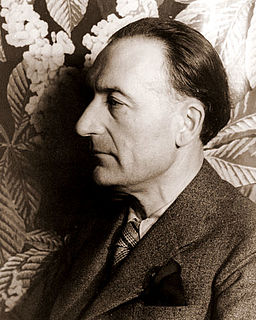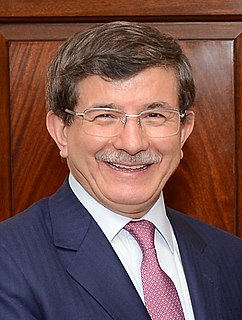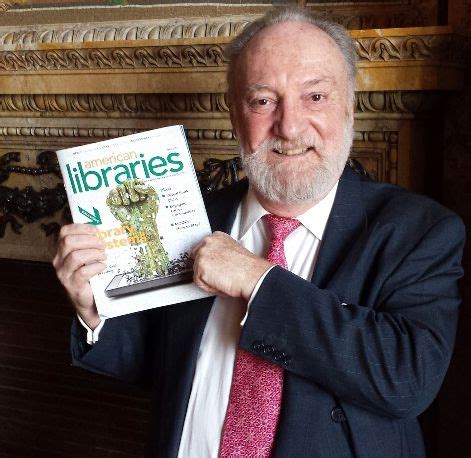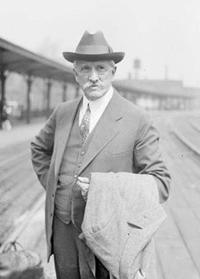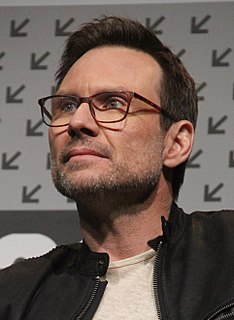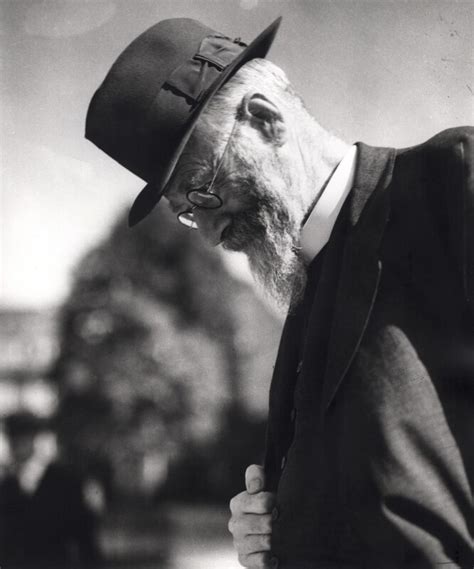A Quote by Jules Romains
History: the category of human phenomena which tends to catastrophe.
Related Quotes
The experience I'm talking about has given me one certainty: the salvation of this human world lies nowhere else than in the human heart, in the human power to reflect, in human meekness and in human responsibility. Without a global revolution in human consciousness, nothing will change for the better, and the catastrophe toward which this world is headed will be unavoidable.
And this is why studying the history of psi is important. People have been reporting these phenomena for millennia and studying them for centuries. Human experiences that continue to be repeated throughout history and across cultures, are not due to ignorance or lack of critical thinking, and demand a serious explanation.
Catastrophe Theory is-quite likely-the first coherent attempt (since Aristotelian logic) to give a theory on analogy. When narrow-minded scientists object to Catastrophe Theory that it gives no more than analogies, or metaphors, they do not realise that they are stating the proper aim of Catastrophe Theory, which is to classify all possible types of analogous situations.
The study of letters is the study of the operation of human force, of human freedom and activity; the study of nature is the study of the operation of non-human forces, of human limitation and passivity. The contemplation of human force and activity tends naturally to heighten our own force and activity; the contemplation of human limits and passivity tends rather to check it. Therefore the men who have had the humanistic training have played, and yet play, so prominent a part in human affairs, in spite of their prodigious ignorance of the universe.
All socio-political phenomena in the U.K. come laden with the baggage of a class-based theory or two attached to them. In the case of gay Tories, there is one particularly silly variant of the category, which asserts that gayness is bred in public schools and thus fits with Conservatism like hand in glove.
